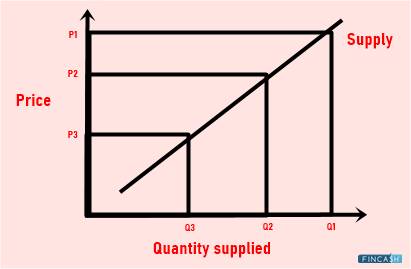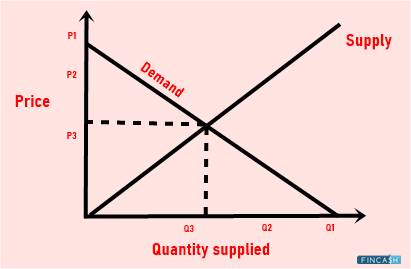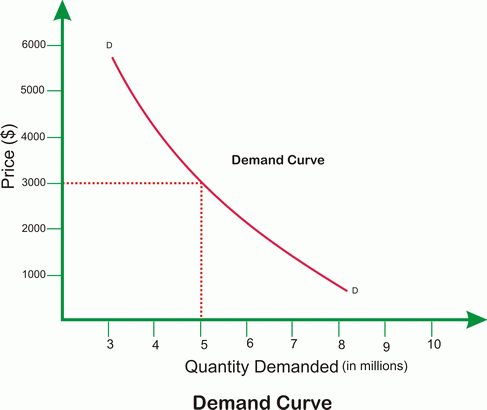Law of Supply
What is the Law of Supply?
In microeconomics, the Law of supply meaning suggests that the price of a commodity has a direct relationship with its supply. If the price of the product increases, its supply will increase. Similarly, the lower the prices of the commodity, the lower its supply will be. In other words, the supplier tends to raise the quantity of the products sold in the Market when its price goes up to make more money.

Keeping other factors aside, the law of supply states that there is always a direct correlation between the price and quantity supplied of a commodity. Basically, the decision concerning the amount of product that has to be brought into the market is fixed. They manufacture the product and decide later how much they need to sell.
The supplier has to make a decision as to whether they should sell all the products or withhold the item for later. The law of supply works closely with the Law of Demand, which is inversely related to the price and quantity demanded. The current demand for the product in the market will decide its prices. If there is an increase in the demand for the commodity, the supplier can raise the prices and bring more products to the market.
The Law of supply is one of the most crucial concepts in Economics. It helps users identify the methods used to set the prices for the commodities in the market.
Example of the Law of Supply
It is also used to analyze the connection between price changes and their effects on producer behavior. Let’s understand the concept with an example. A company tends to bring more software applications in the market if the demand for the same increases over time. Similarly, the producer will not invest their time and resources in more video system if its demand decreases. In other words, a company might sell 2000 software applications if its price is $500 each. They might increase the production and supply of these apps if its price increases by $100.
Talk to our investment specialist
The law of supply is applicable to all commodities and assets. Not only for products, but this law is applicable to the service sector too. For example, if the students find that medical jobs can get them high pay than the literature jobs, they would opt for computer engineering courses. As a result, the supply of people majoring in the medical Industry will increase. The law of supply is specifically used to determine the suppliers’ behavior when the price of the commodity changes.
As mentioned above, the best deal for the supplier is to raise the supply of the product when its price goes up. They can make higher profits from the sale of these products. It is important to note that the law of supply is applicable only when other factors are assumed to be constant. Some of the common factors that can affect the law of supply are the cost of production, Taxes, legislation, and more.
All efforts have been made to ensure the information provided here is accurate. However, no guarantees are made regarding correctness of data. Please verify with scheme information document before making any investment.












